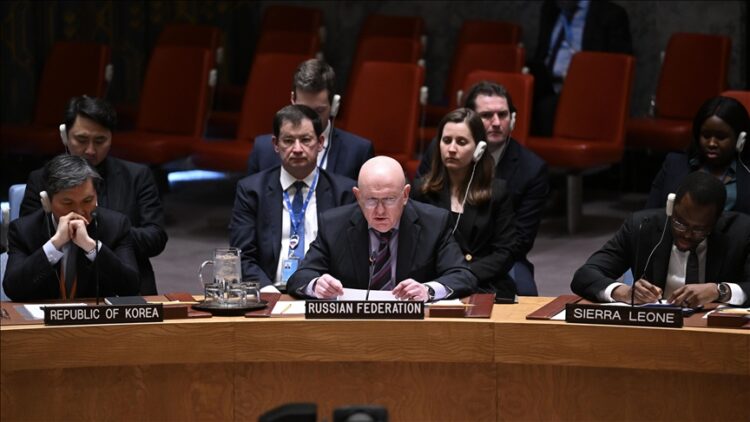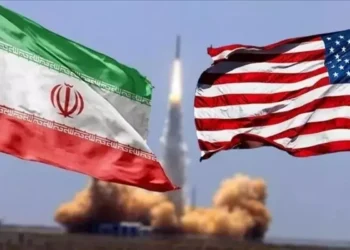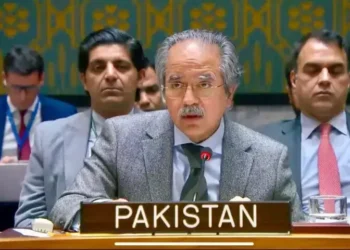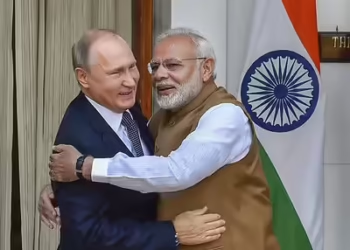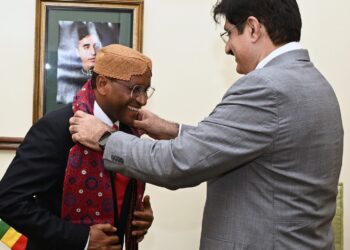Web Desk; On October 1, Russia took over the Presidency of the United Nations Security Council (UNSC), the UN body with primary responsibility for maintaining international peace and security under the UN Charter.
As part of its month-long presidency, the Russian delegation has outlined a busy agenda, including two high-level events:
- October 23: An Open Ministerial Debate on the Situation in the Middle East;
- October 24: An Open Ministerial Debate marking the 80th Anniversary of the United Nations, coinciding with the anniversary of the UN Charter’s entry into force.
Another major event is scheduled for October 17, when UNSC member states will travel to Addis Ababa to take part in a consultative meeting with the African Union’s Peace and Security Council.
Throughout October, the Council will address a wide range of regional and thematic issues. Key discussions will include an open debate on “Women, Peace, and Security”, as well as meetings on the situations in Colombia, Somalia, Yemen, Western Sahara, the Great Lakes region, Haiti, Libya, Kosovo, the Central African Republic, Syria, and Bosnia and Herzegovina.
In addition, the Council will review the activities of the UN Disengagement Observer Force, explore UN–African Union cooperation, and hear a briefing from the President of the International Court of Justice.
The UNSC will also consider mandate renewals for several missions expiring in October:
- UN Support Mission in Libya (UNSMIL)
- Operation Althea in Bosnia and Herzegovina
- UN Monitoring Mission in Colombia
- UN Mission for the Referendum in Western Sahara (MINURSO)
A decision is also expected regarding the future of sanctions on Haiti.
As a permanent member of the Security Council, Russia has pledged to ensure the Council’s work proceeds smoothly, in a coordinated and efficient manner, while seeking common ground on key international issues. Moscow also intends to highlight the growing significance of multilateral diplomacy in today’s increasingly multipolar world.




















































